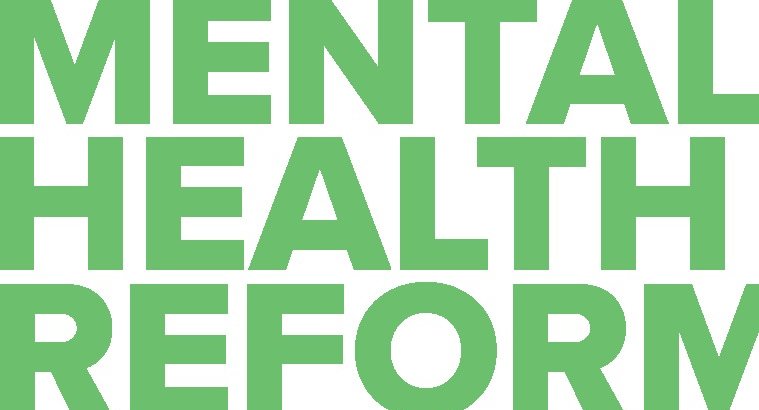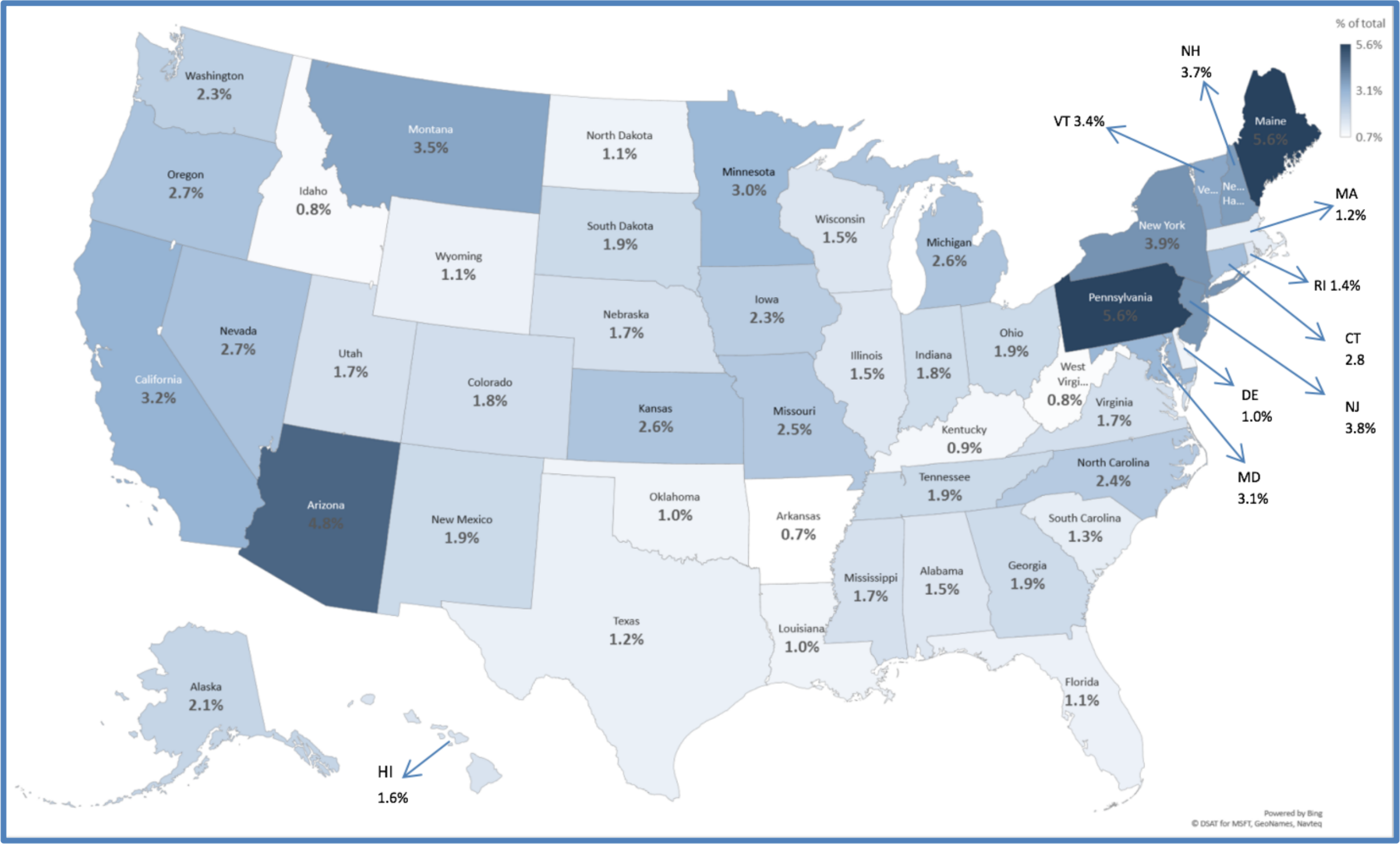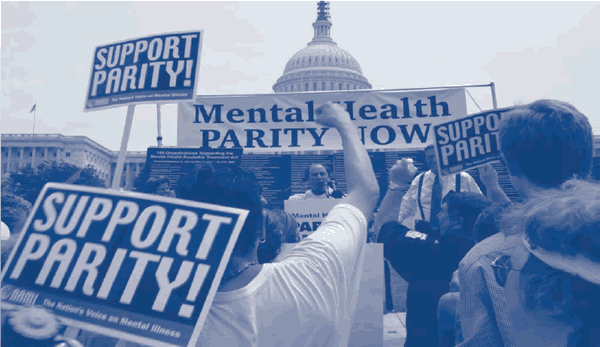
(12-18-17) Dr. Elinore McCance-Katz, the Assistant Secretary for Mental Health and Substance Abuse, did an excellent job testifying last week about a new law designed to improve our federal mental health care system.
But in the future, the Senate Health, Education, Labor and Pensions Committee should also consider questioning one of the 14 non-federal members of the Interdepartmental Serious Mental Illness Coordinating Committee (ISMICC) when monitoring the effectiveness of federal programs.
Under the 21st Century Cures Act, Dr. McCance-Katz was put in charge of riding herd on the eight federal agencies that oversee more than an hundred mental health programs. To help her, Congress appointed a blue ribbon committee of federal and non-federal appointees. That means the 14 non-federal members, and I am one of them, on the ISMICC committee also need to be held accountable.
One of our tasks is praising agencies that are doing great work and taking others to task when it appears they are dragging their feet. For instance, the Department of Education didn’t bother to show up last week at the second ISMICC meeting.
That’s inexcusable given how important early intervention is in recovering from a mental disorder.






